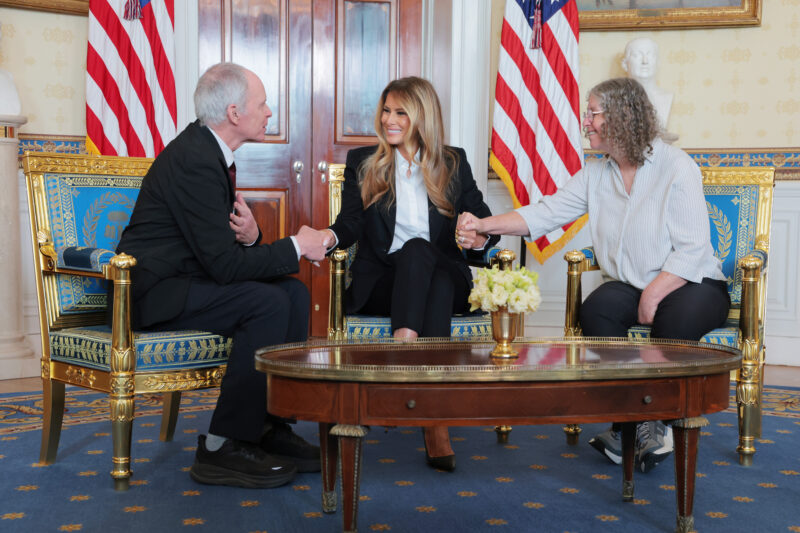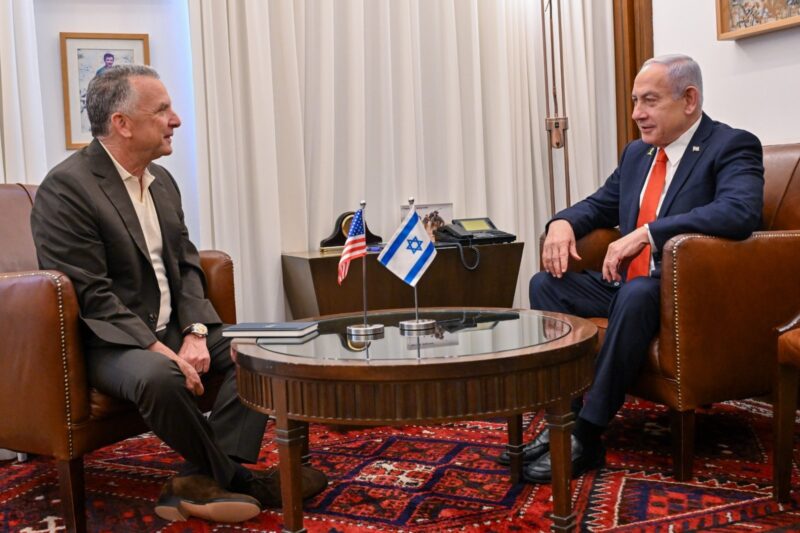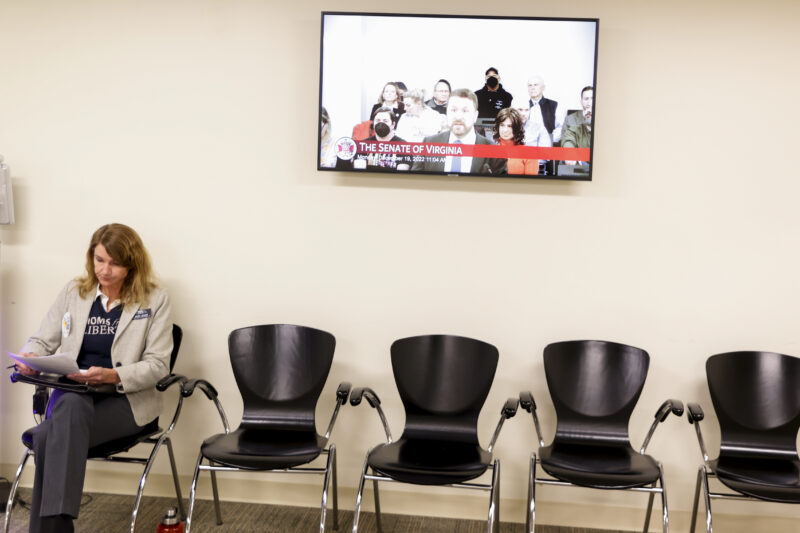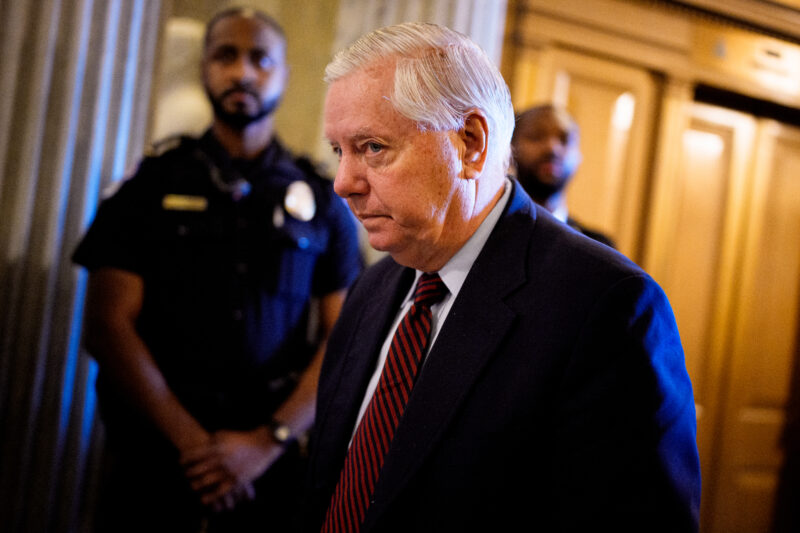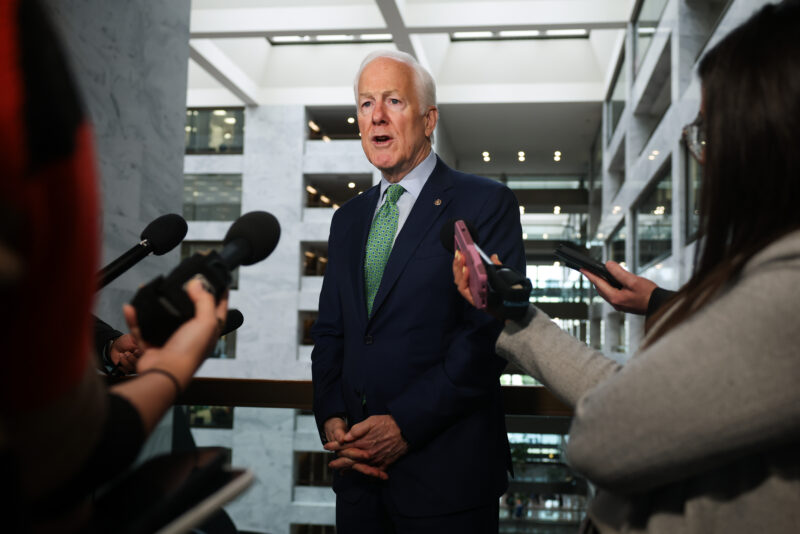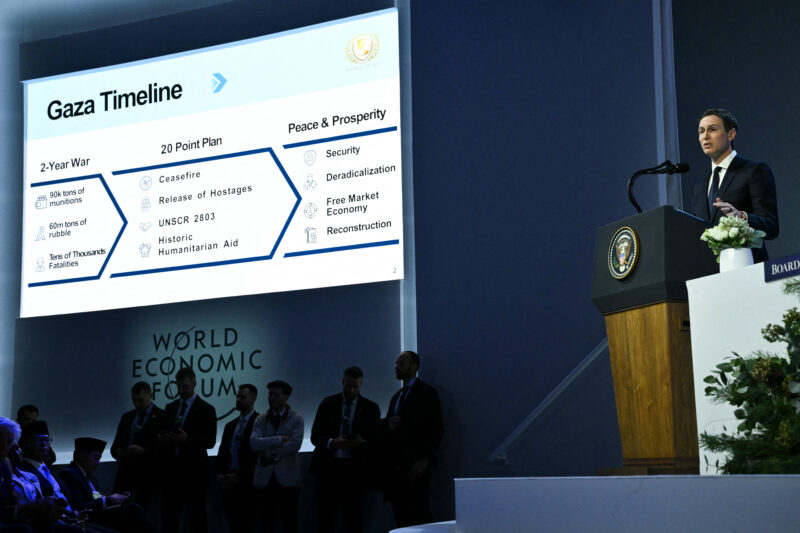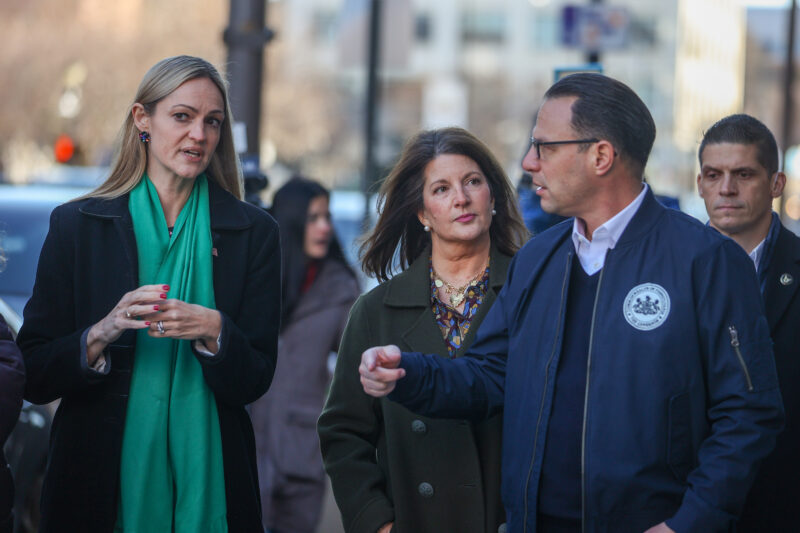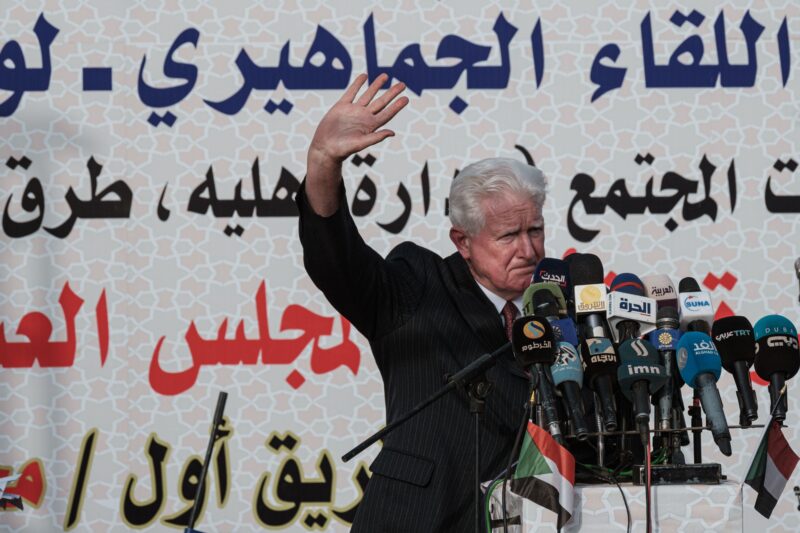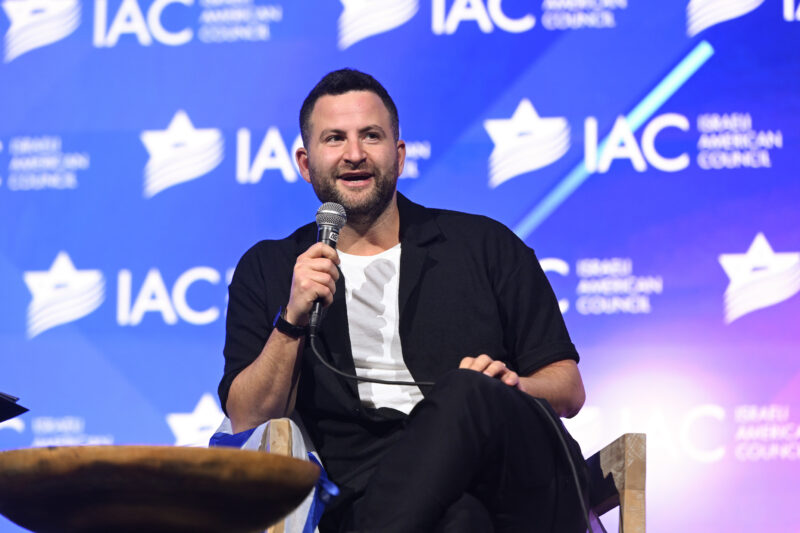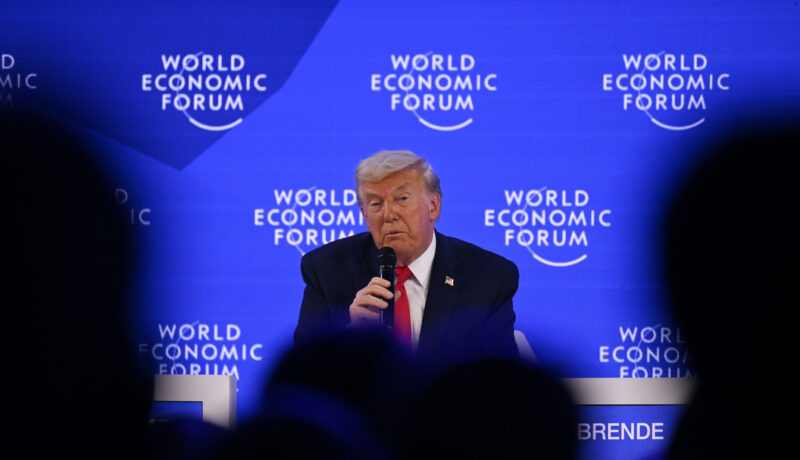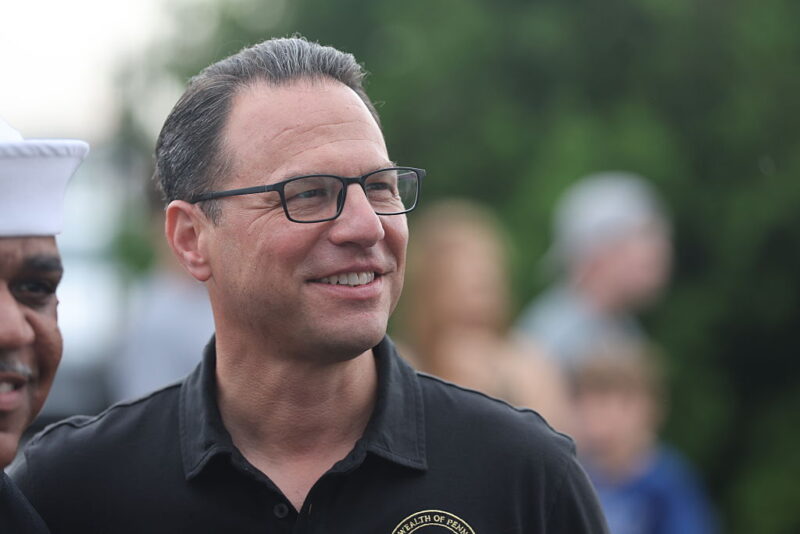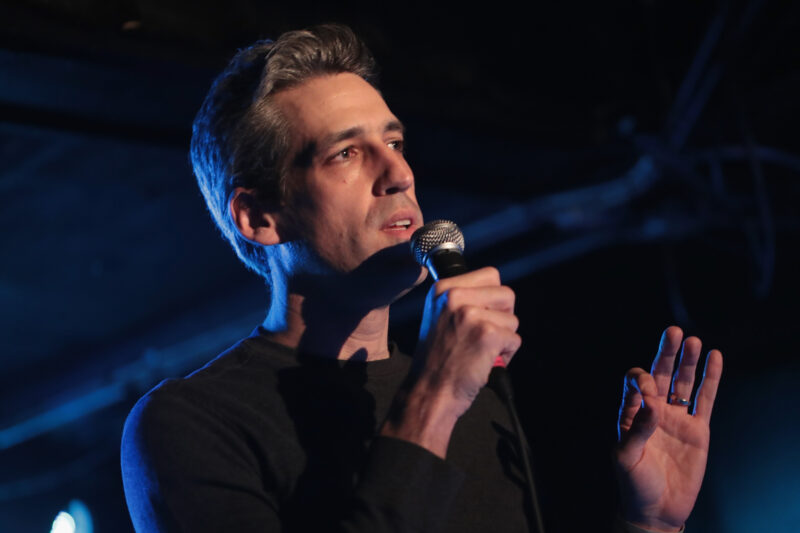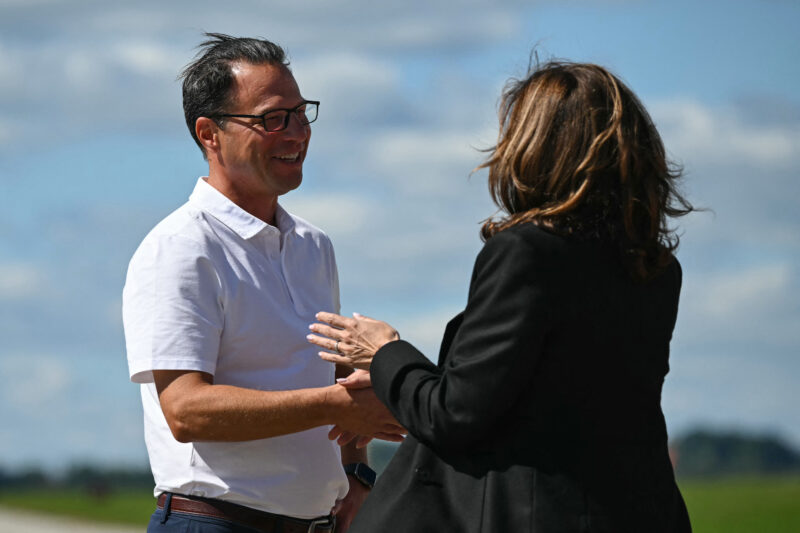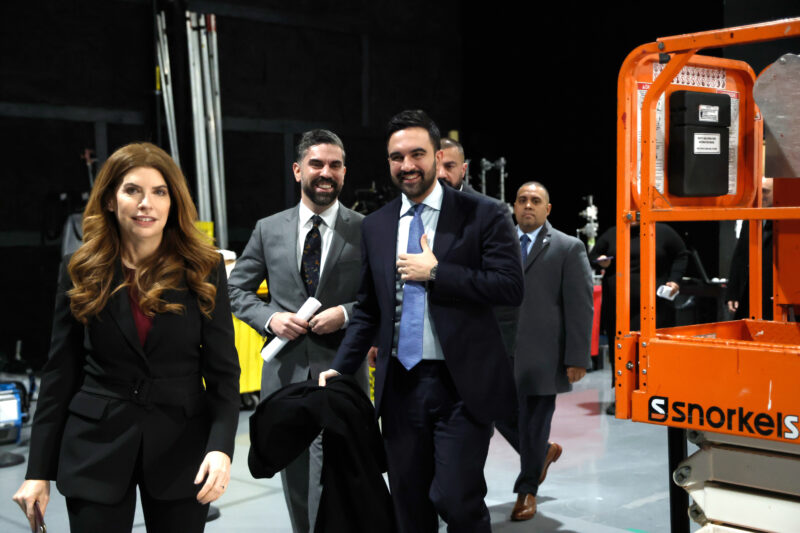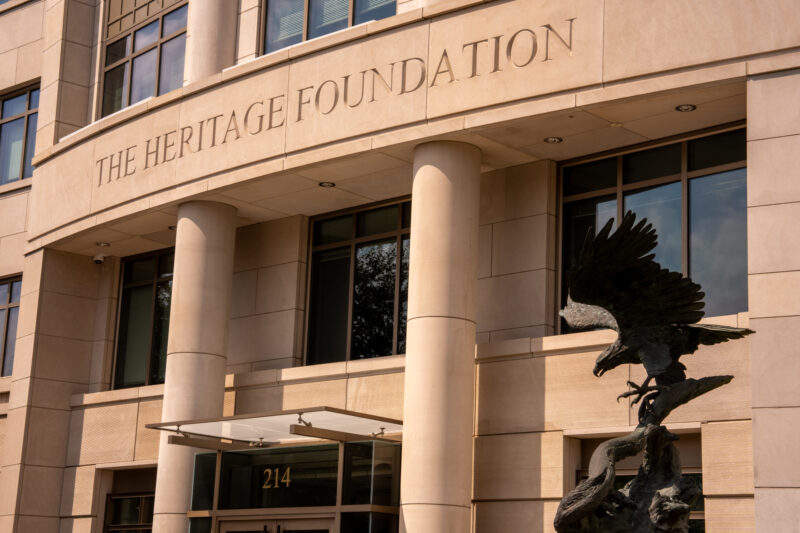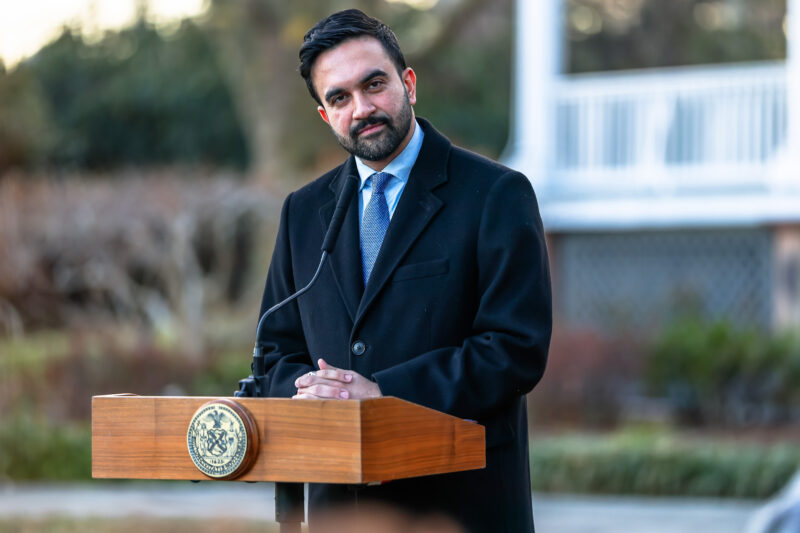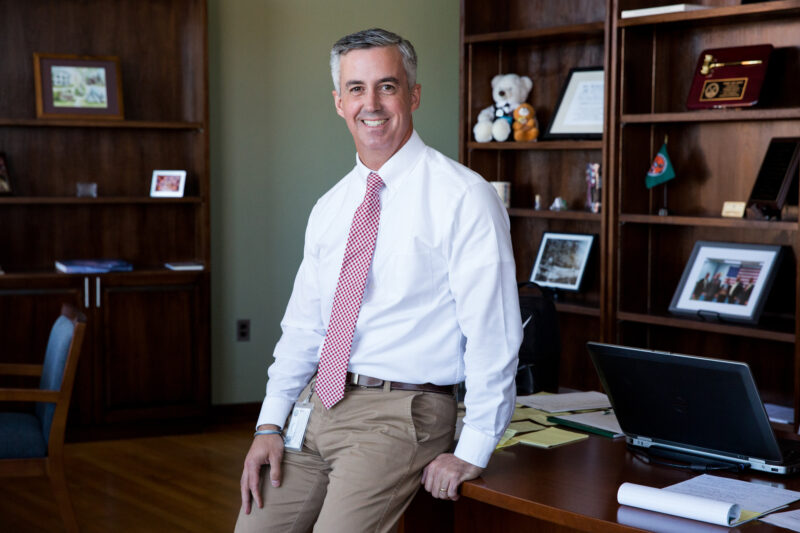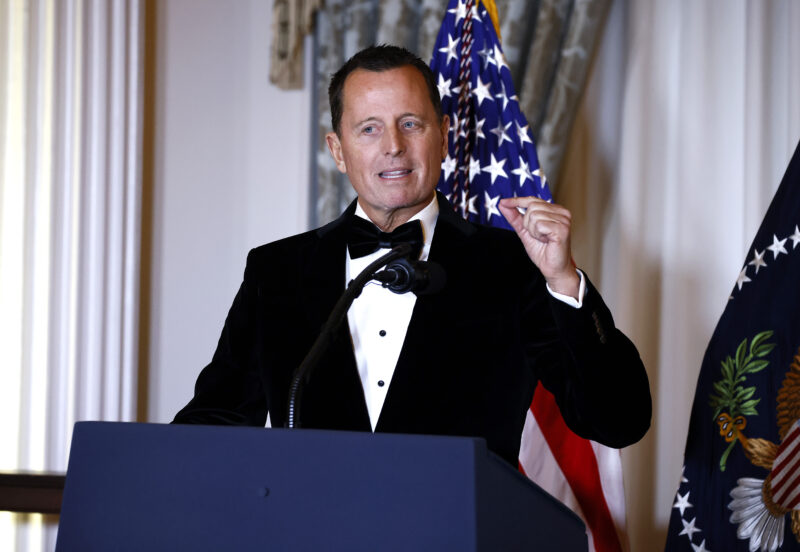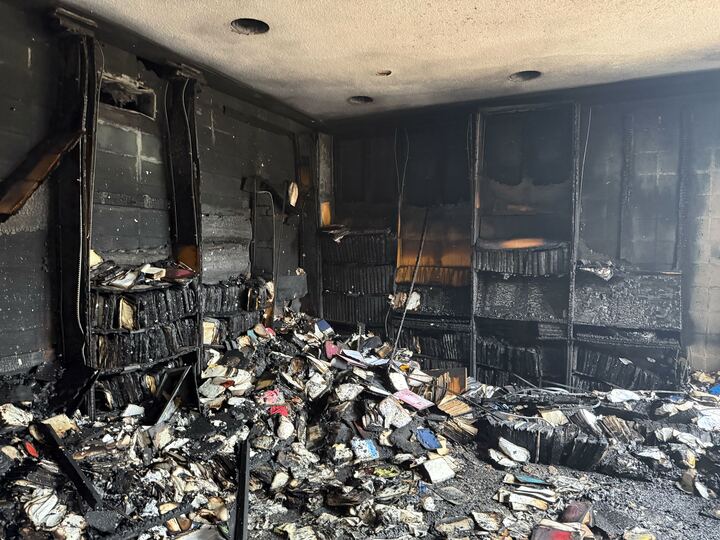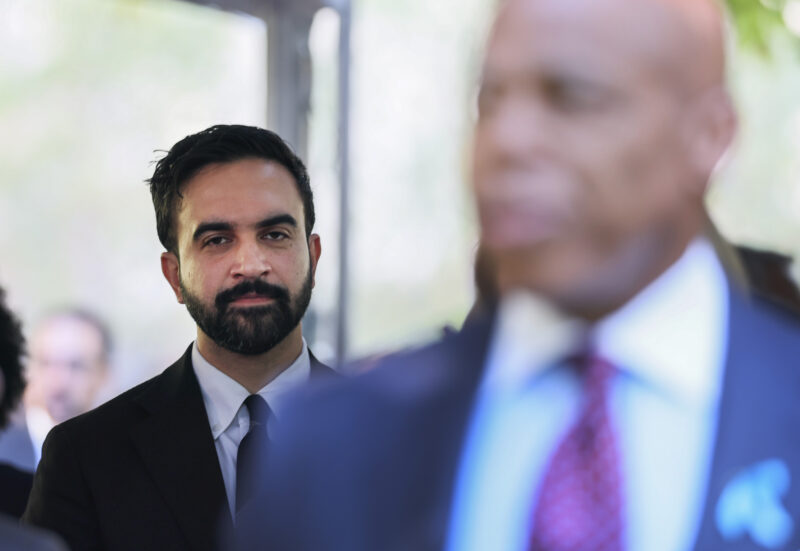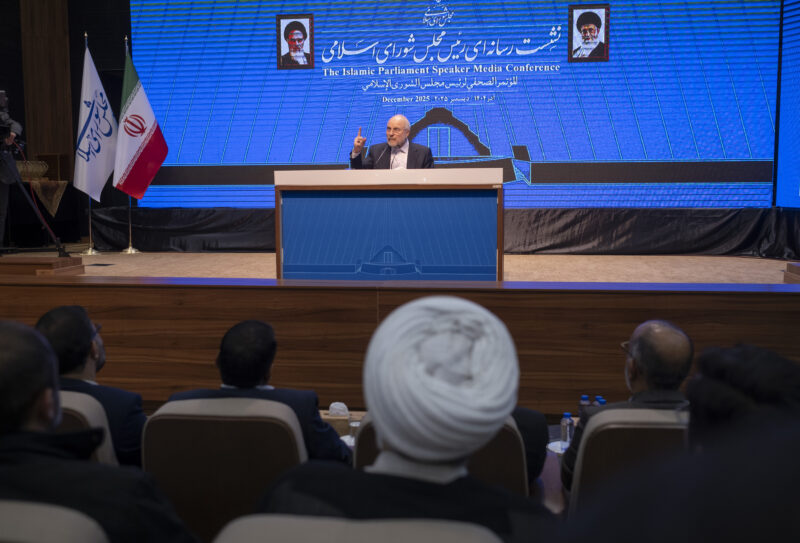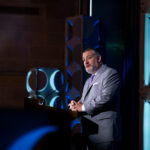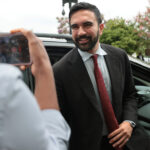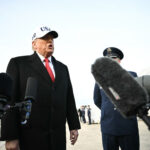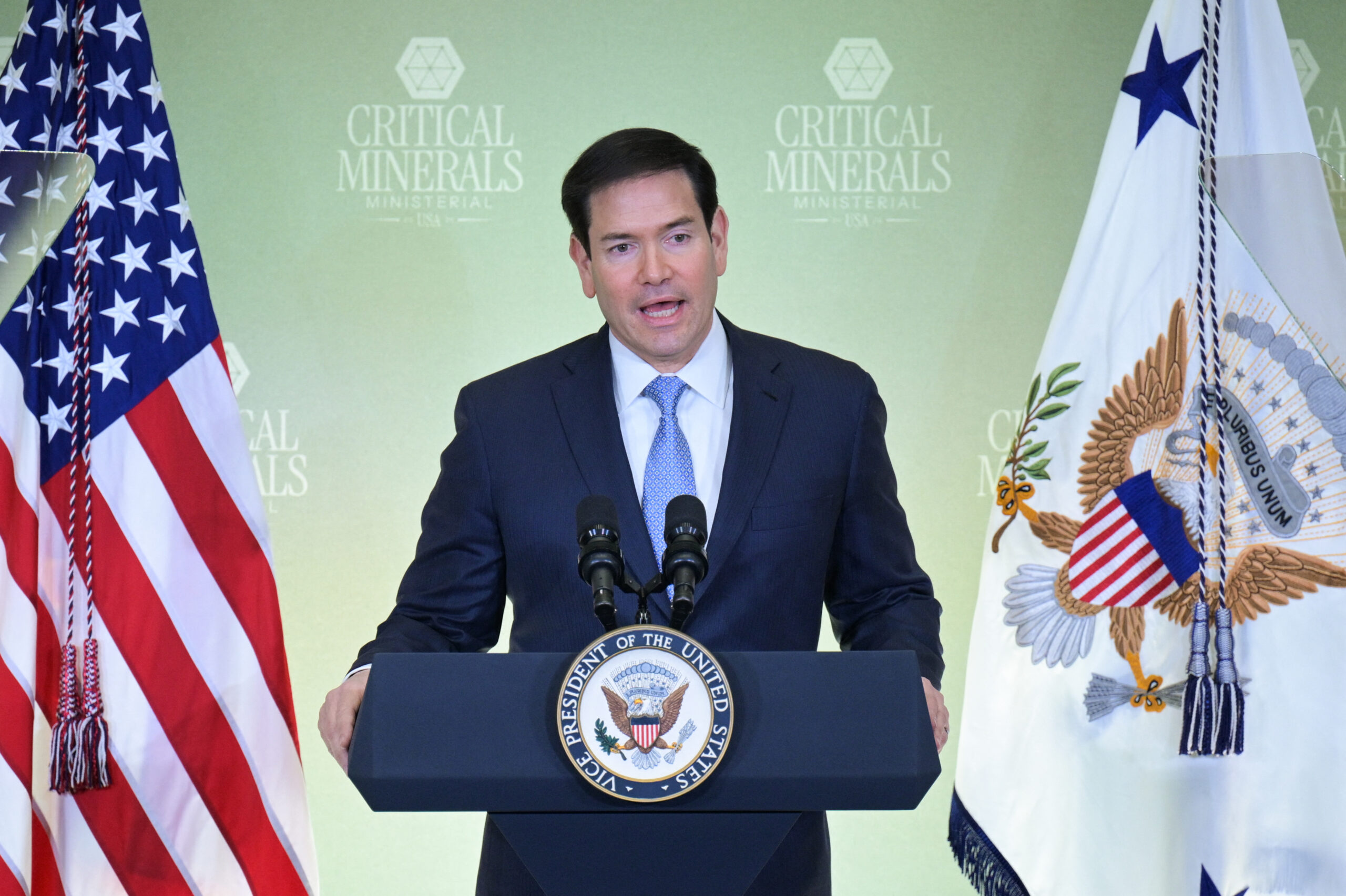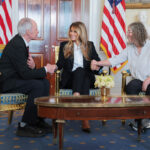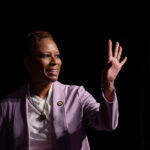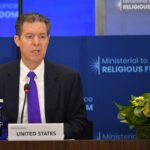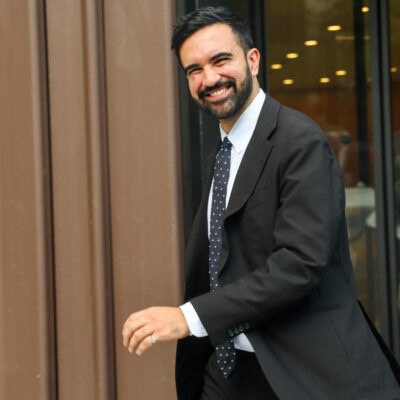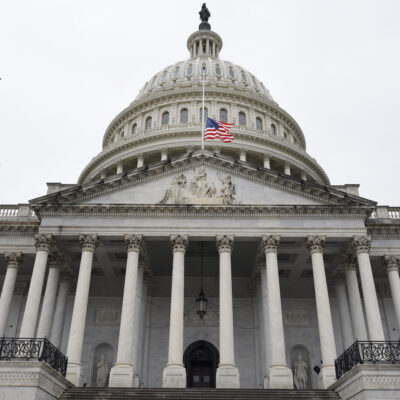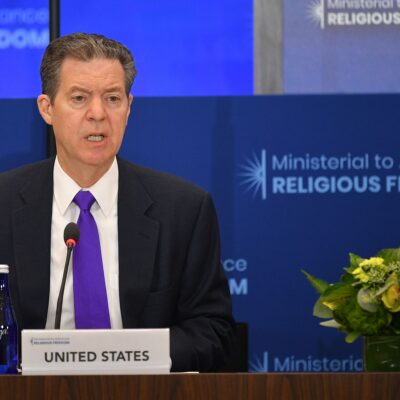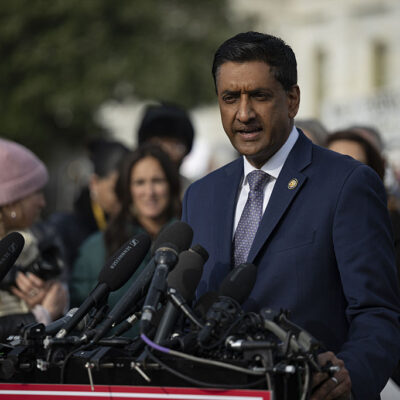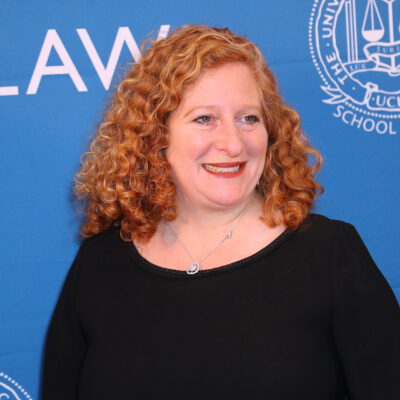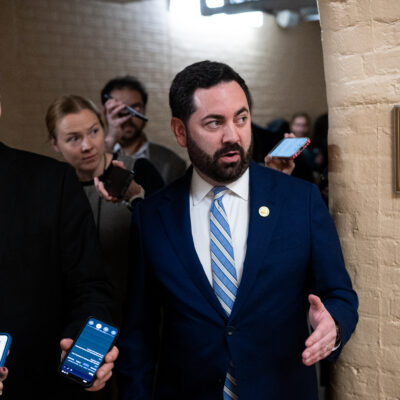U.S. must ‘act boldly to address’ Iran’s provocations, nuclear program, Olszewski says
The freshman Democratic member of the House Foreign Affairs Committee expressed support for Trump’s stated plans to re-implement ‘maximum pressure’ sanctions

BRYAN DOZIER/Middle East Images/AFP via Getty Images
Rep. Johnny Olszewski (D-MD) speaks at a post-meeting press conference at the U.S. Capitol in Washington, D.C. on January 14, 2025.
Rep. Johnny Olszewski (D-MD), a freshman congressman joining the House Foreign Affairs Committee’s Middle East subcommittee, said the U.S. needs to take all steps necessary to prevent Iran from becoming a nuclear power.
Olszewski told Jewish Insider in an interview last week that the U.S. must be “mindful of and act boldly to address” and use “all the tools at America’s disposal” Iran’s support for regional terrorism and its pursuit of nuclear weapons, warning that there are “perhaps few greater threats to American security” than Iranian nuclear weapons.
The Maryland Democrat expressed support for a strengthened “maximum-pressure” sanctions regime from the Trump administration.
“I do believe in conversations and diplomacy, generally,” Olszewski continued, addressing the possibility of a new nuclear deal, adding, “I don’t think we should rule anything out. I obviously think that use of force should be a last-resort option. But again, all of these things need to be in the toolbox for America to make sure that we can prevent Iran from becoming nuclear-equipped.”
Olszewski said that “if there’s a clear path to diplomacy that, for me, is always the preferred method,” but warned that the U.S. can’t allow Iran to use talks as a delaying tactic or to take other actions contrary to U.S. interests.
He said any talks must include a “sense of urgency” and “clear guideposts and timelines” to reach an agreement, and any deal reached “has to be better and stronger than where we currently are.”
The Baltimore-area legislator said the U.S. should have “zero tolerance” for attacks by the Houthis or other Iranian proxies on U.S. troops and interests, while also “thinking about how we are building out the infrastructure to, like we saw in Syria for example, build out conditions for nations and countries to see these organizations for what they are.”
Olszewski, who has been close with Baltimore’s Jewish community and represents a district with a significant Jewish population, campaigned as a staunch supporter of the Jewish state.
“My support for Israel’s right to exist and to defend itself has been clear and it’s been consistent,” Olszewski told JI. “I continue to call for the release of all hostages, and I’m hopeful that this recent cease-fire is a first step towards a more lasting peace in the region, but I know that we can’t, nor should we, rest easy until every hostage is released safely. I think that sort of becomes a foundational step towards continued dialogue.”
He said that he remains committed to supporting Israel’s fight against terrorism, to supporting rebuilding in Gaza and to helping displaced Palestinians.
“We have to see a completion of the agreement to release the balance of the hostages. I think that is a clear foundational need,” Olszewski continued. “I think not seeing a flare-up of aggression, particularly from Hamas, is important to create the space for conversations to occur and for peace to be pursued.”
Surprising some, Olszewski voted in the first weeks of the new congressional session against sanctioning the International Criminal Court for seeking the arrests of Israeli leaders.
He explained to JI that, though he’s “certainly concerned” about the warrants and believes that they have a “chilling effect on democracies who are seeking to combat terrorism,” he believes the bill was “rushed” and ill-considered.
Olszewski emphasized that there was “no opportunity for conversation, no hearings, no markups” on the bill — which initially passed the House on a bipartisan basis last year, albeit without any prior committee work.
Olszewski said that with some improvements, he and other lawmakers would have supported the sanctions bill, but said that the bill invoked “serious First Amendment concerns” and could require sanctions on Americans who “have a constitutionally protected right to free speech,” as written.
He characterized the bill as part of a pattern of Republicans eschewing bipartisanship and deliberative consideration of legislation, instead rushing it to the floor without any opportunity for “even the most nominal of changes.”
Olszewski said he hopes to bring “reasoned, thoughtful, deliberate leadership” to the House Foreign Affairs Committee and the “opportunity, and quite frankly, the responsibility to promote peace, and democracy and human rights around the globe.”’
National security, he emphasized, “should never be a partisan issue,” and said he believes there’s significant common ground among Democrats and Republicans on issues like U.S. support for Israel. Bipartisanship, he added, is a must, given the “gravity of these issues that we’re facing” in the Middle East, Ukraine and China.




